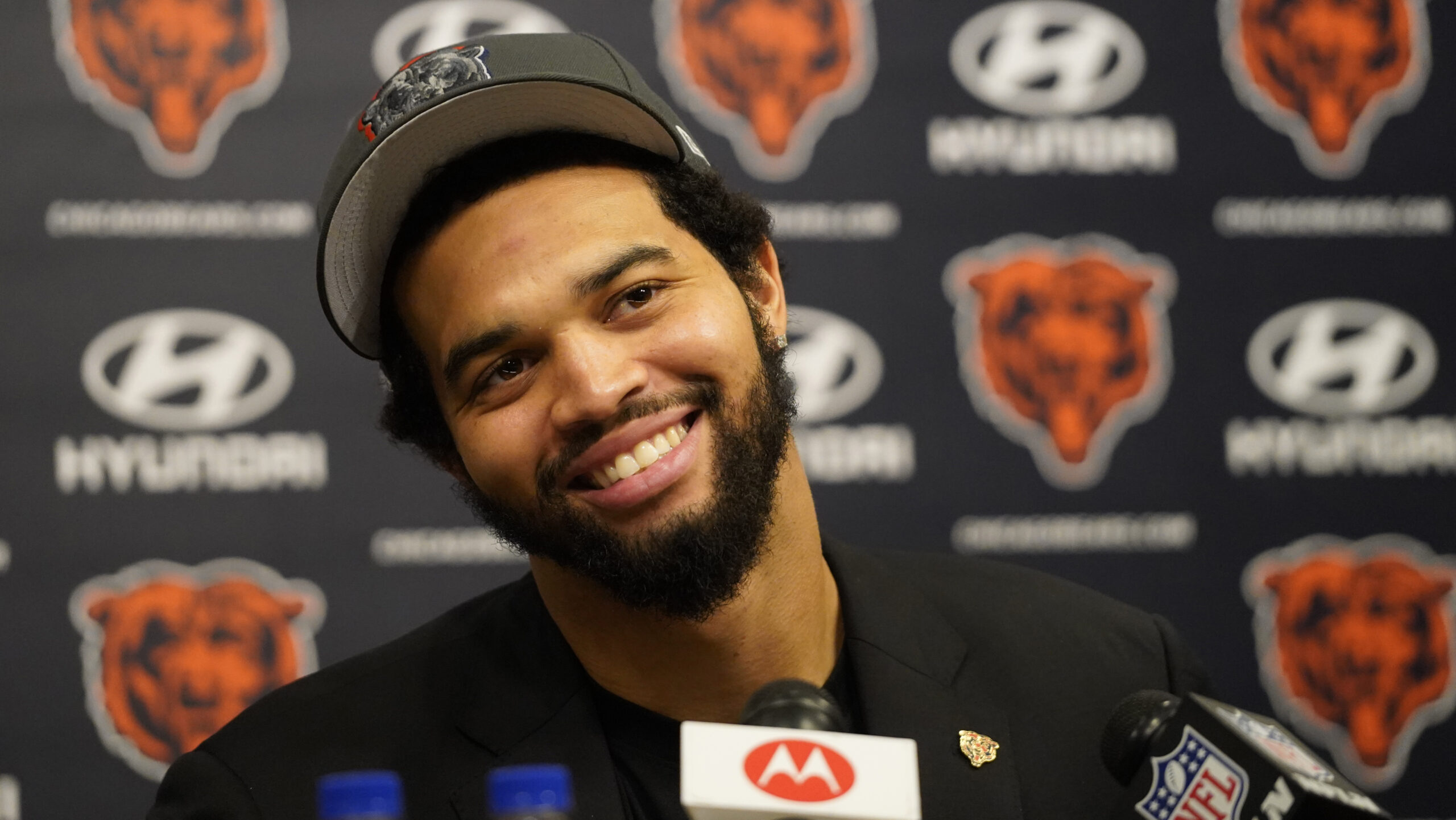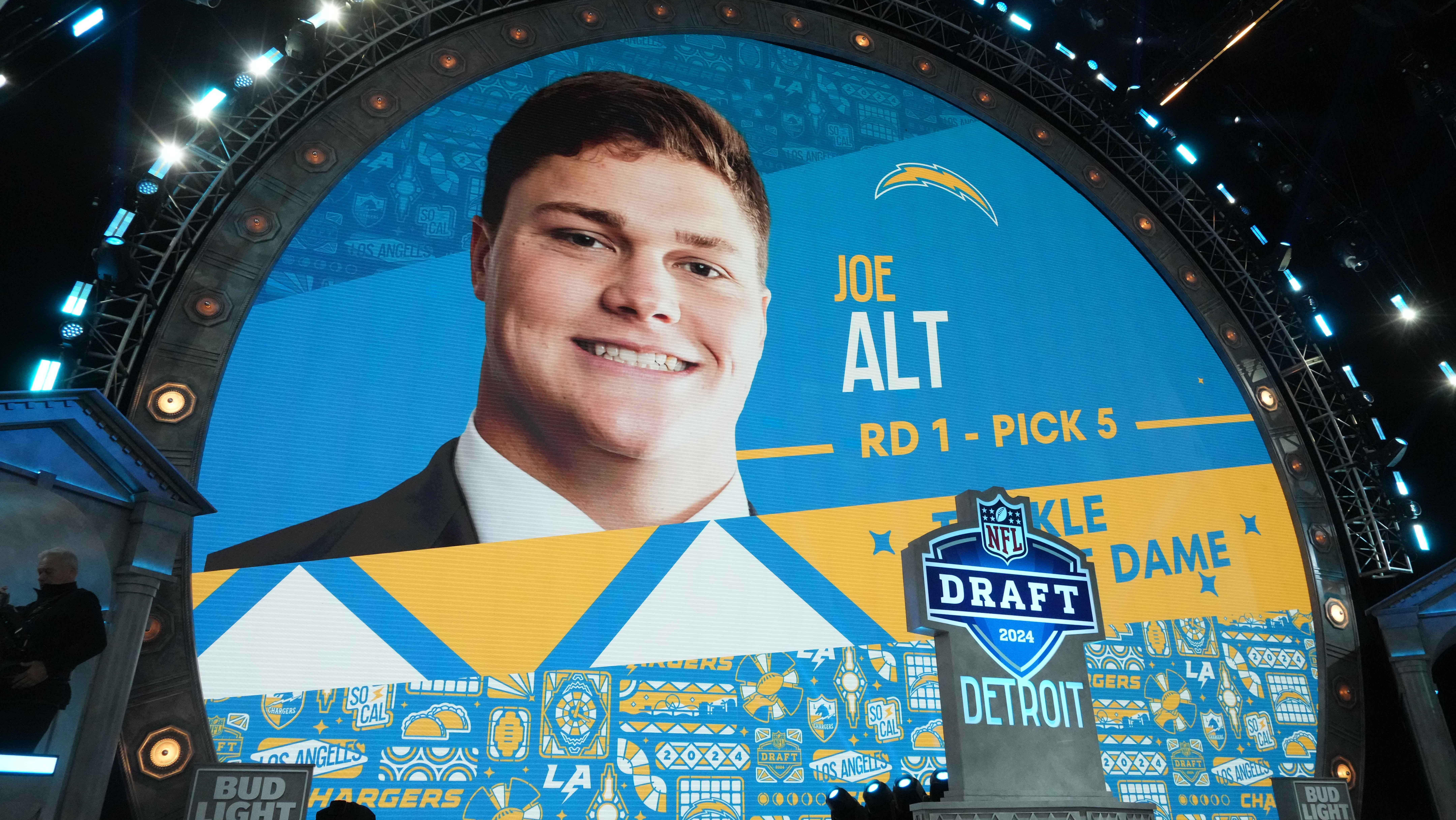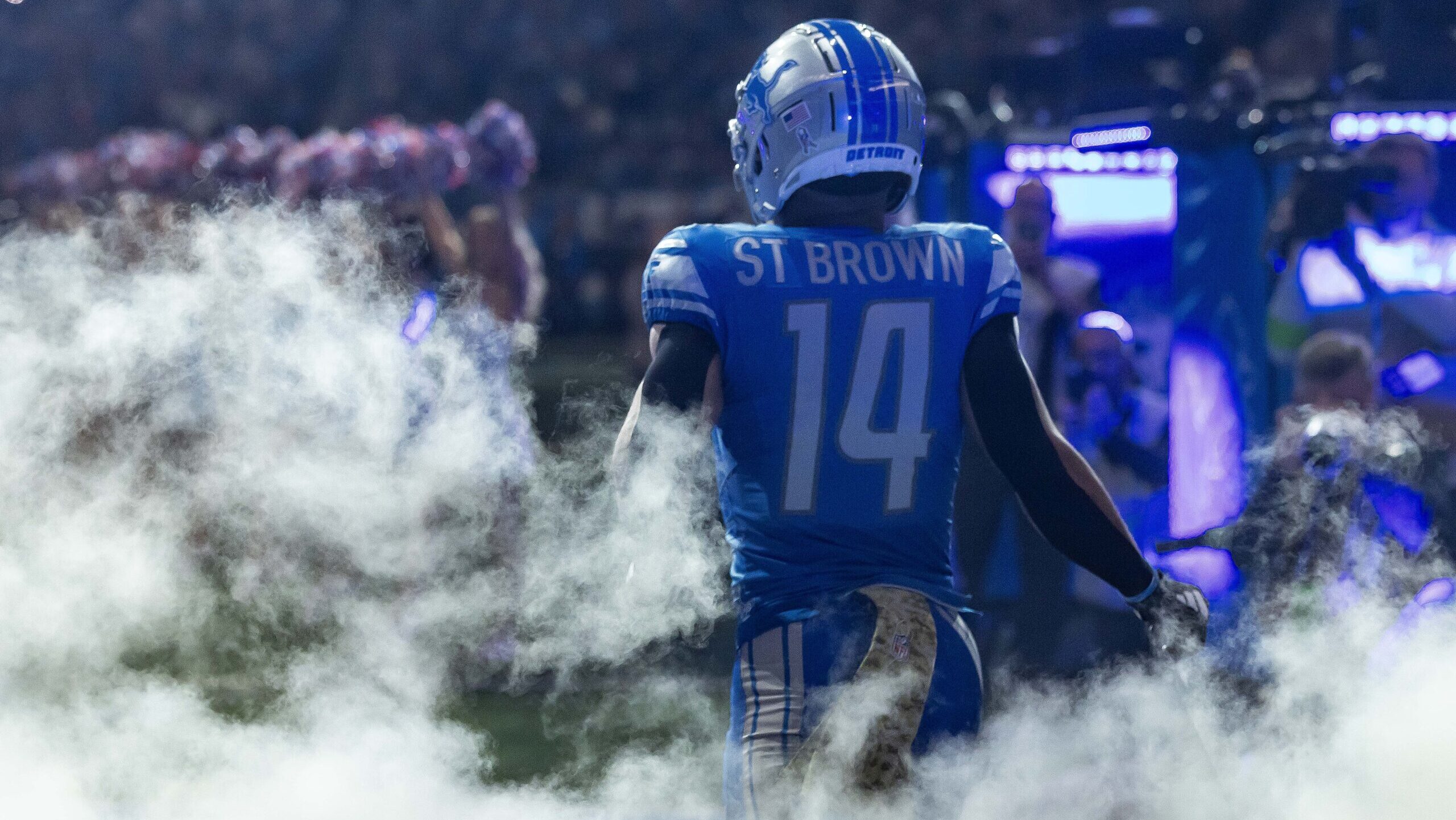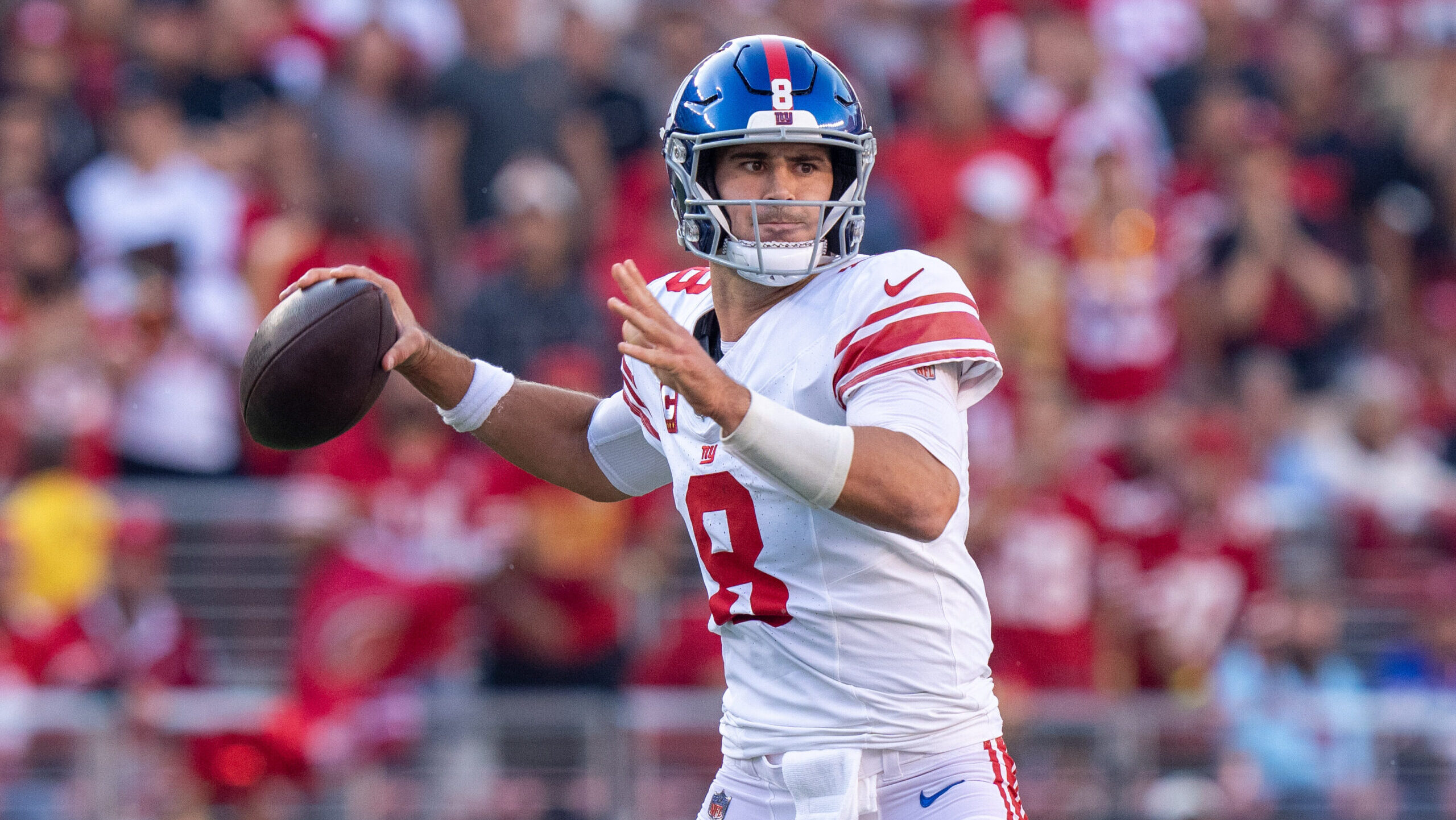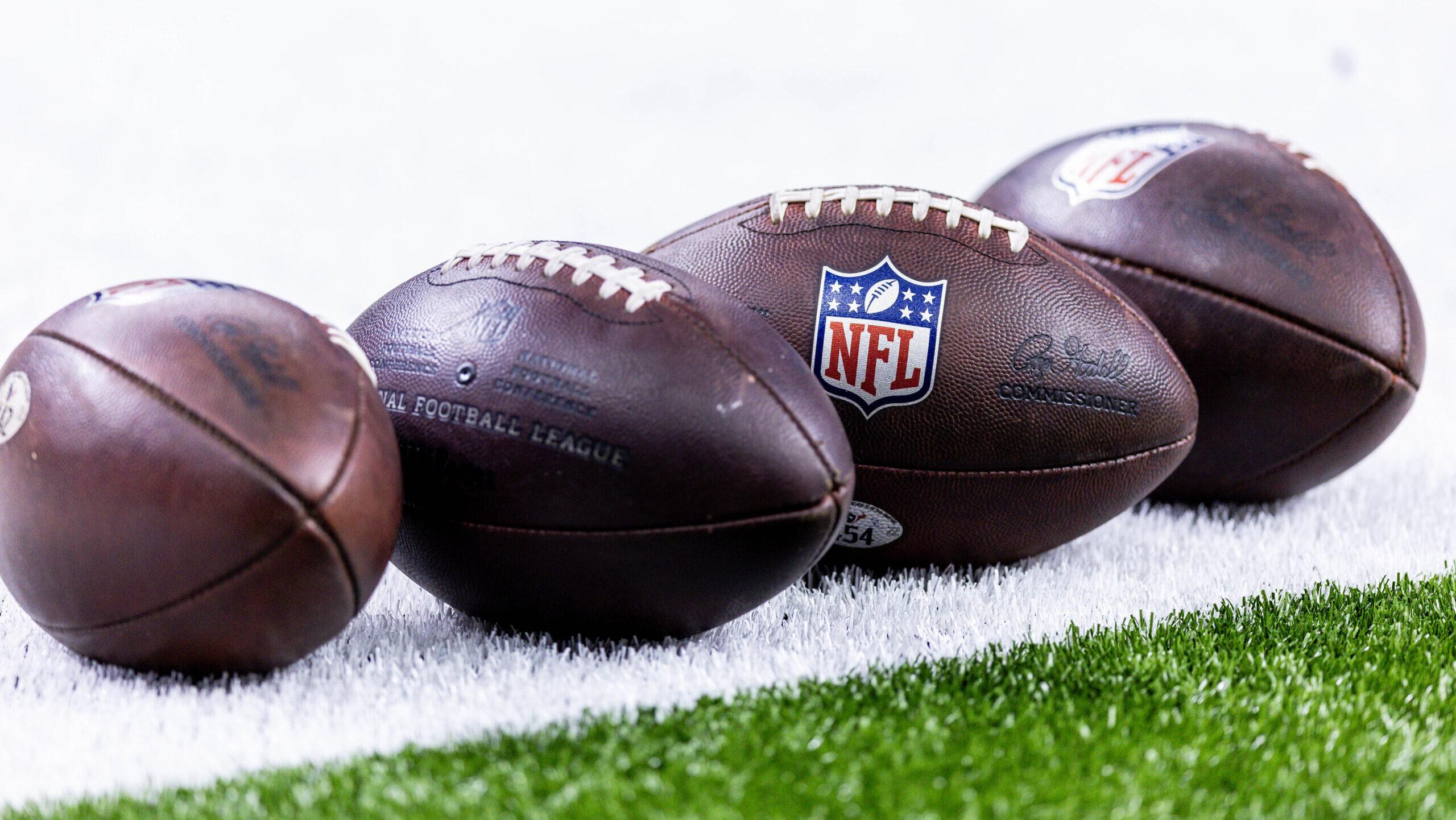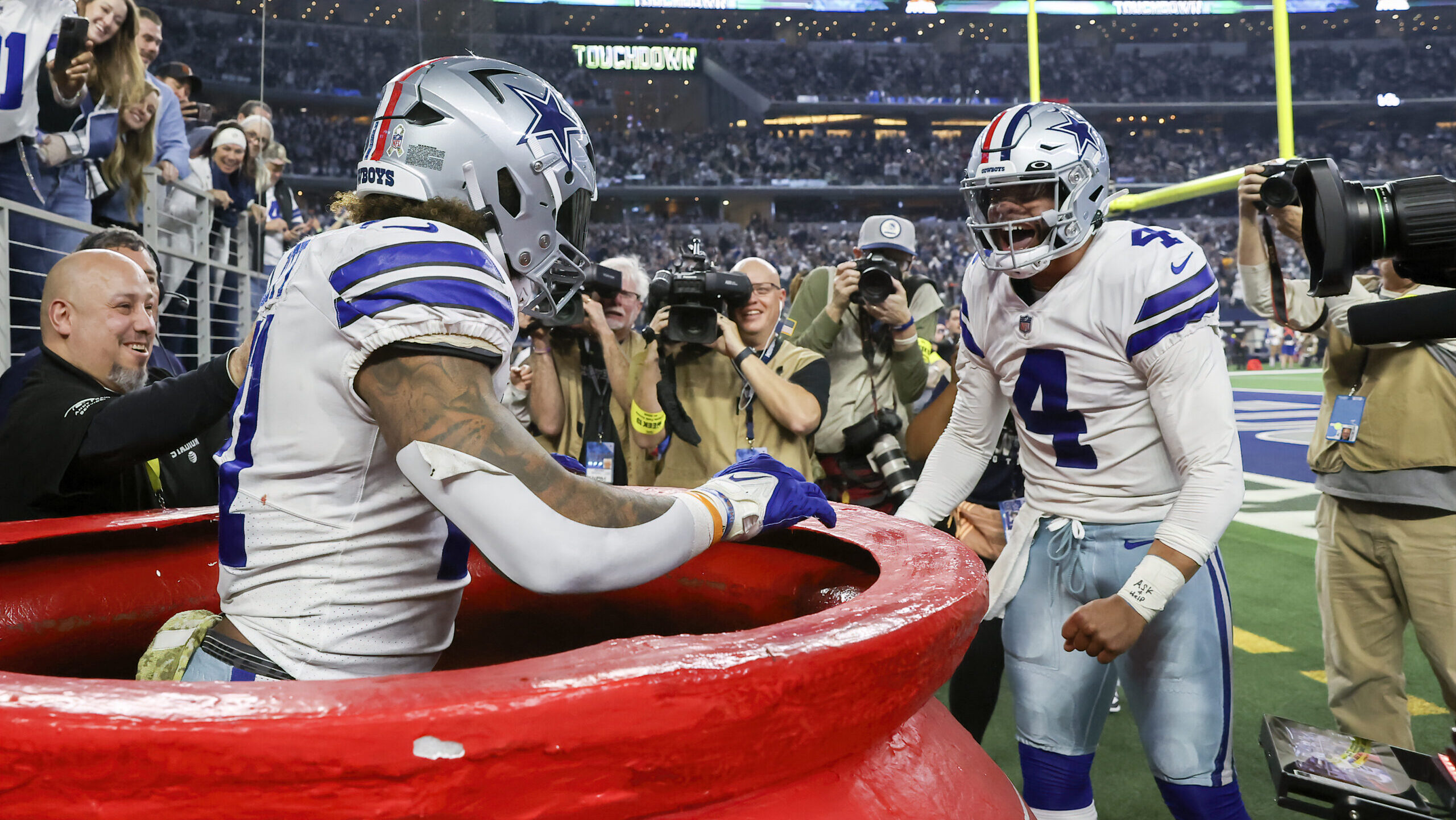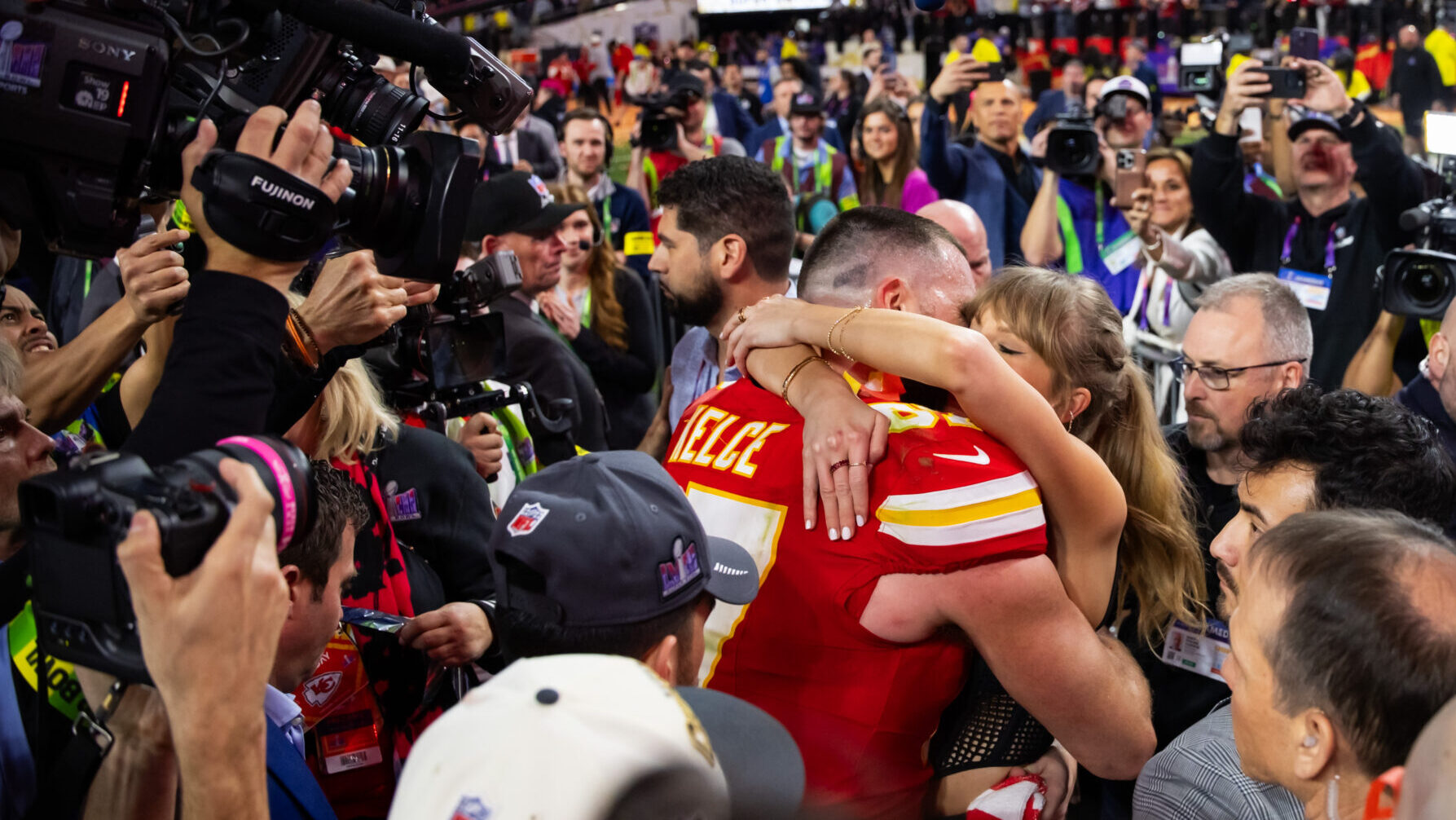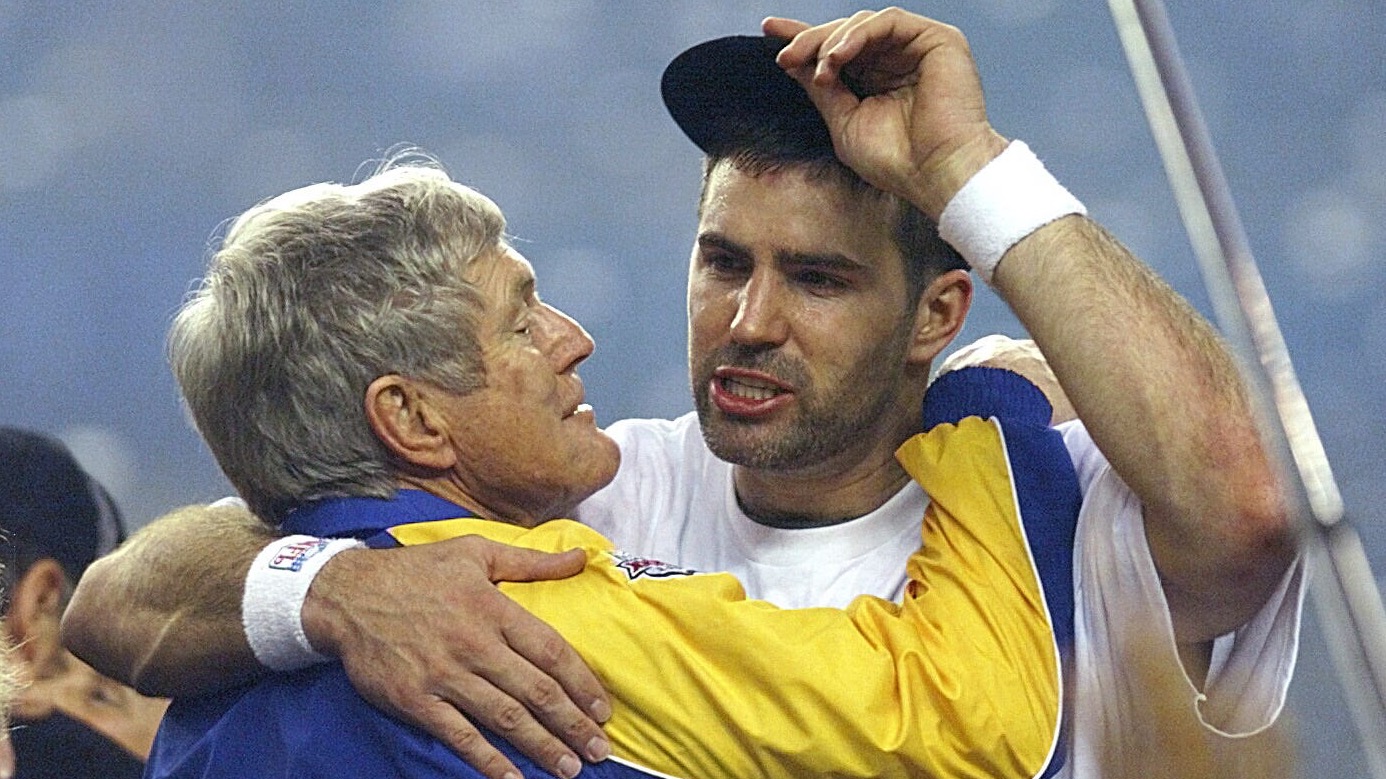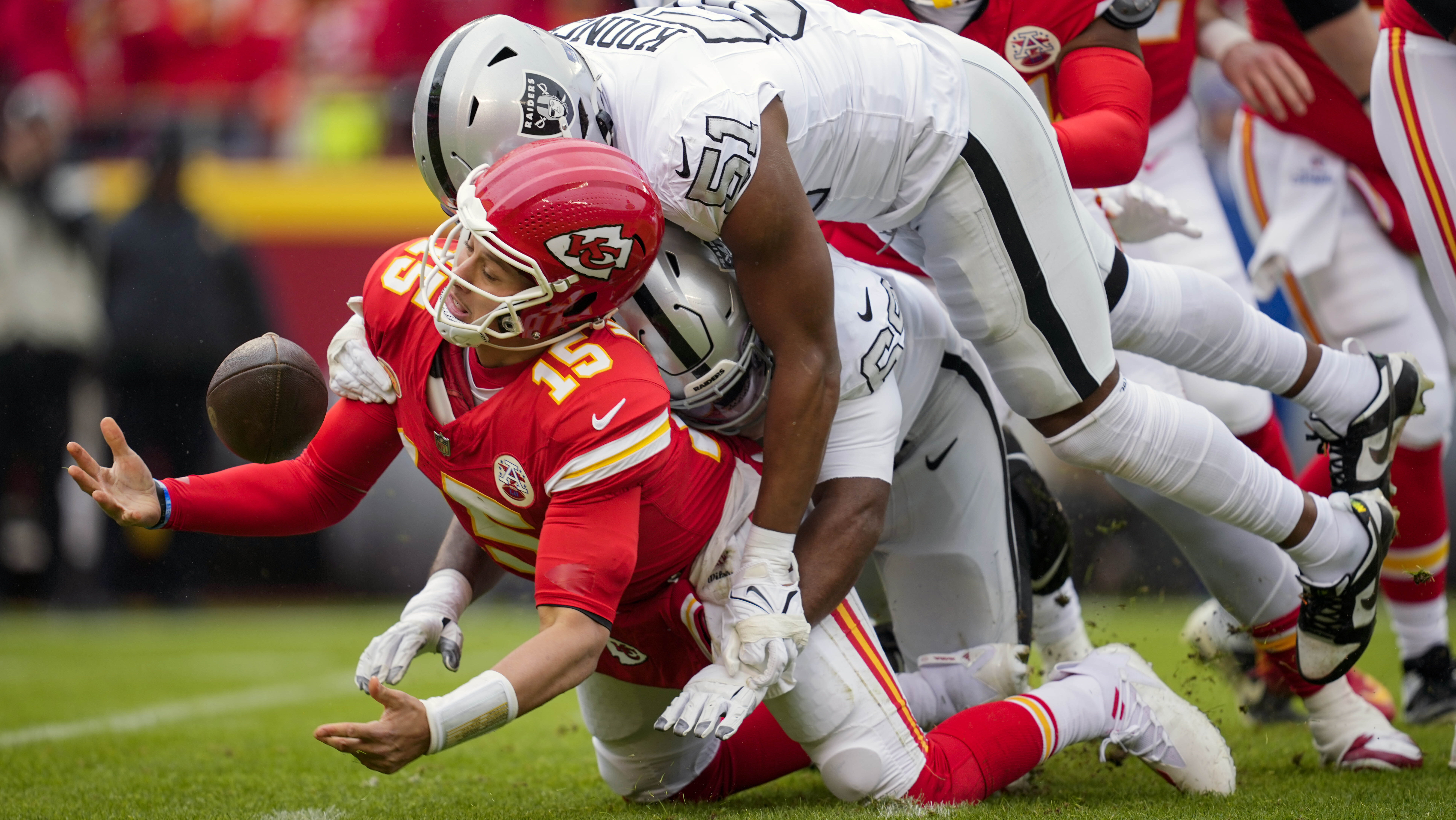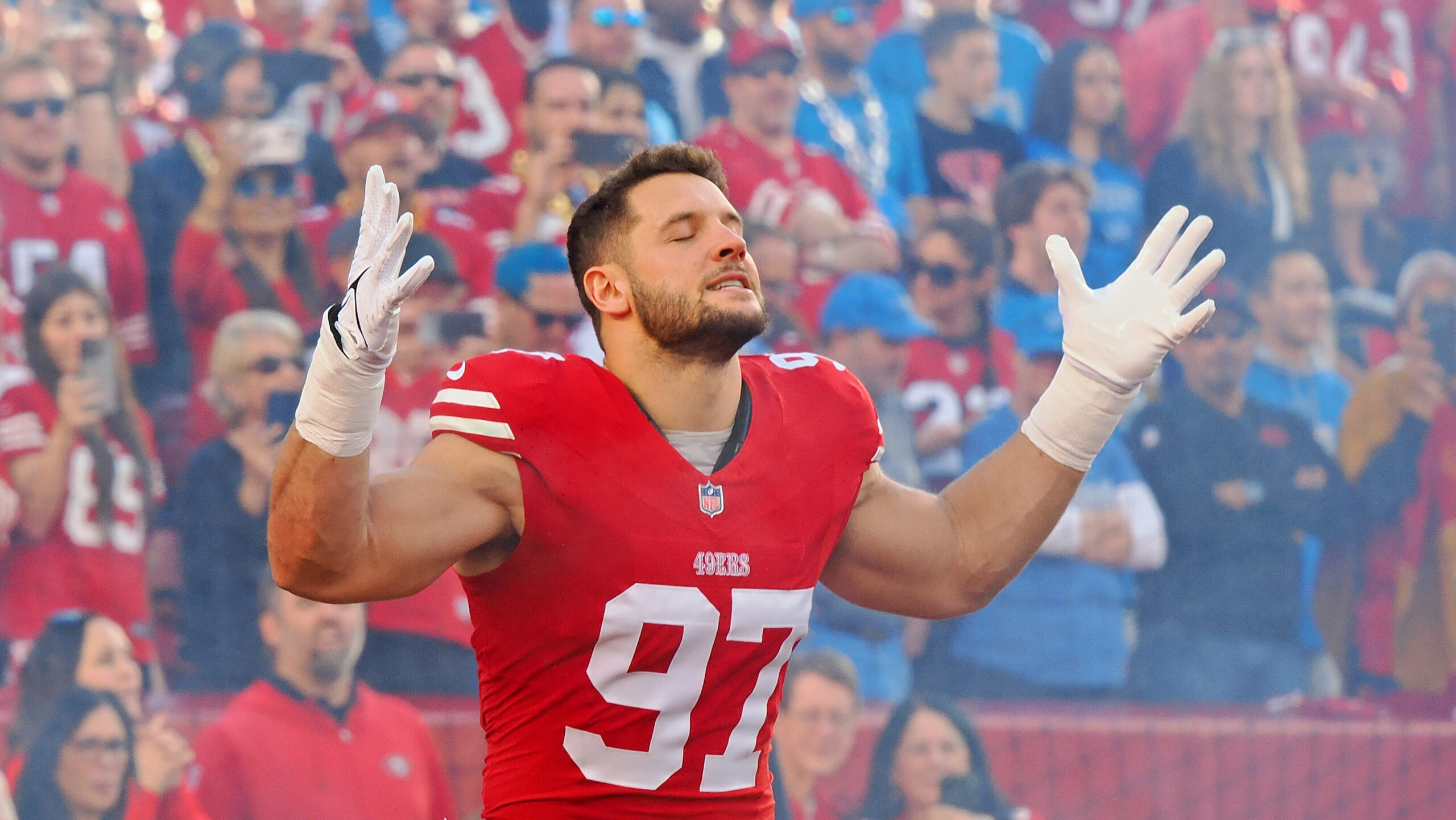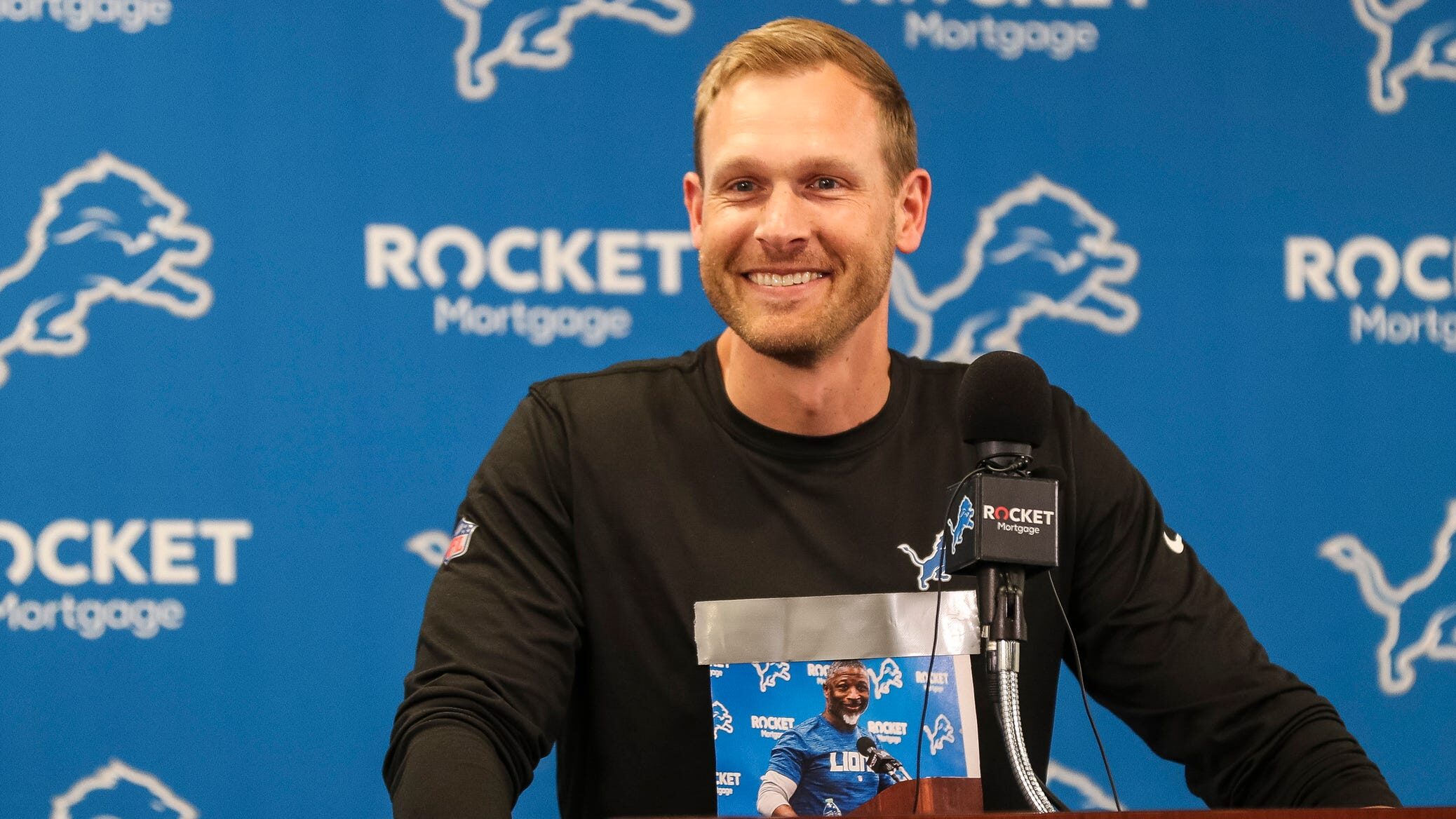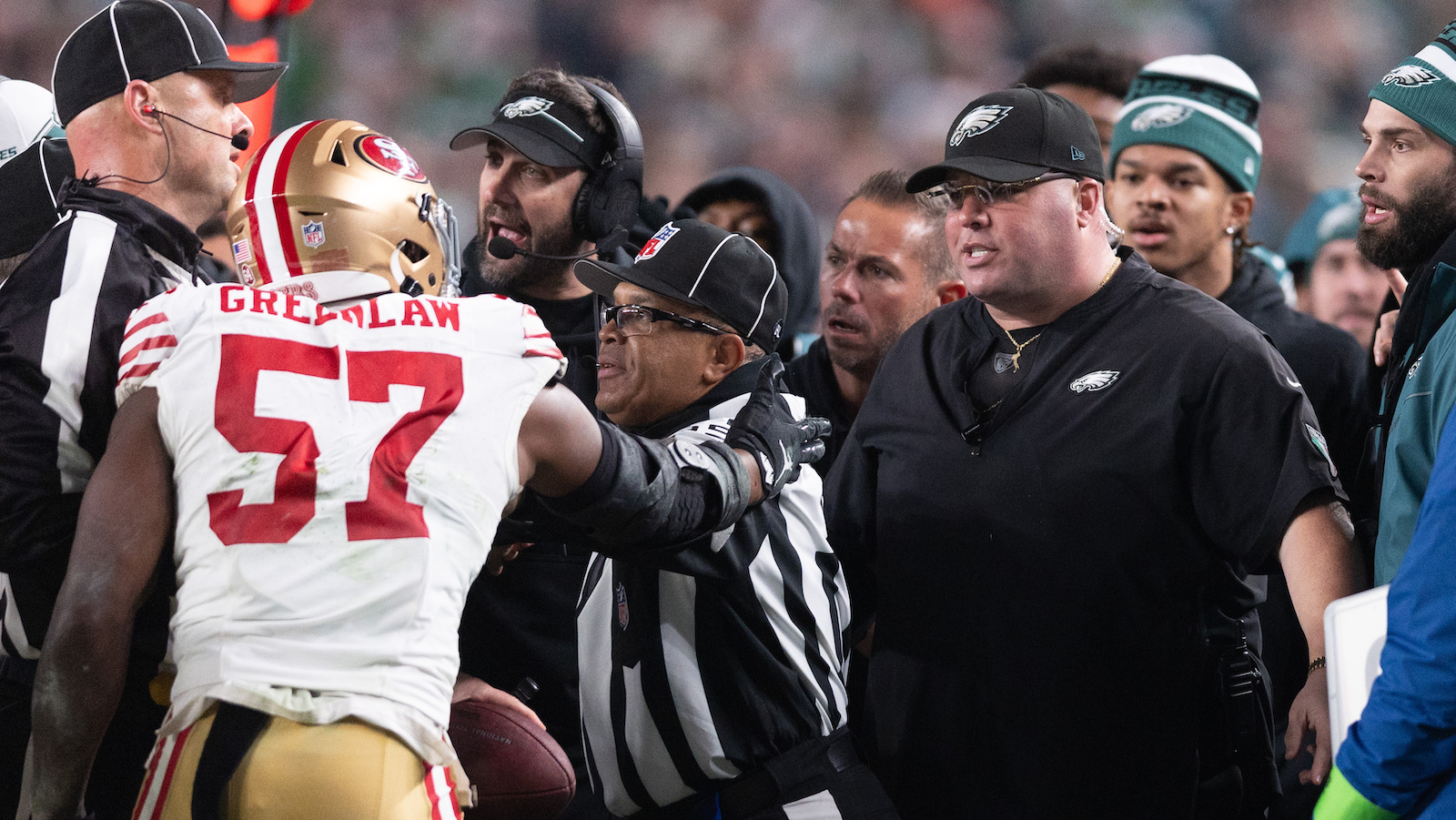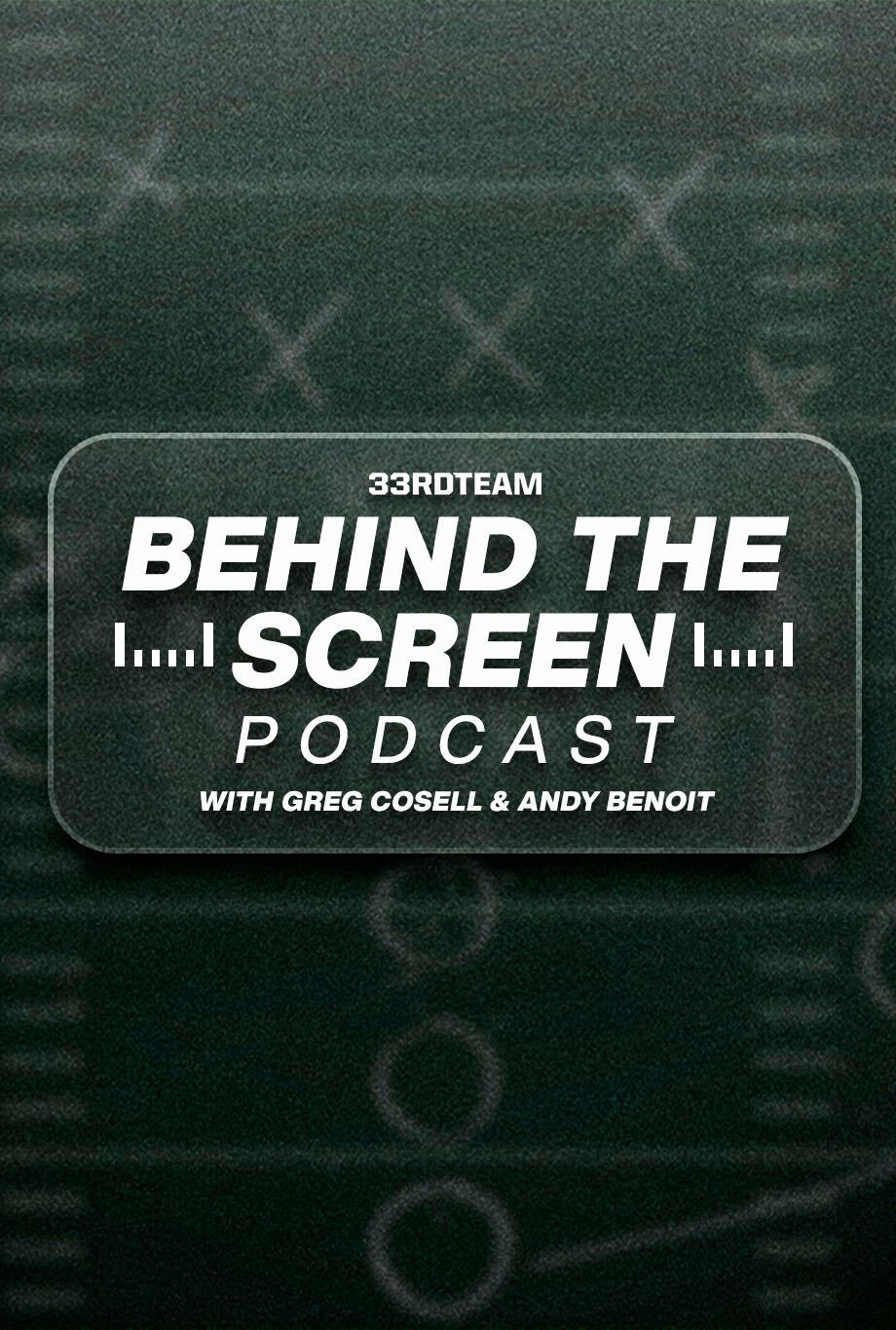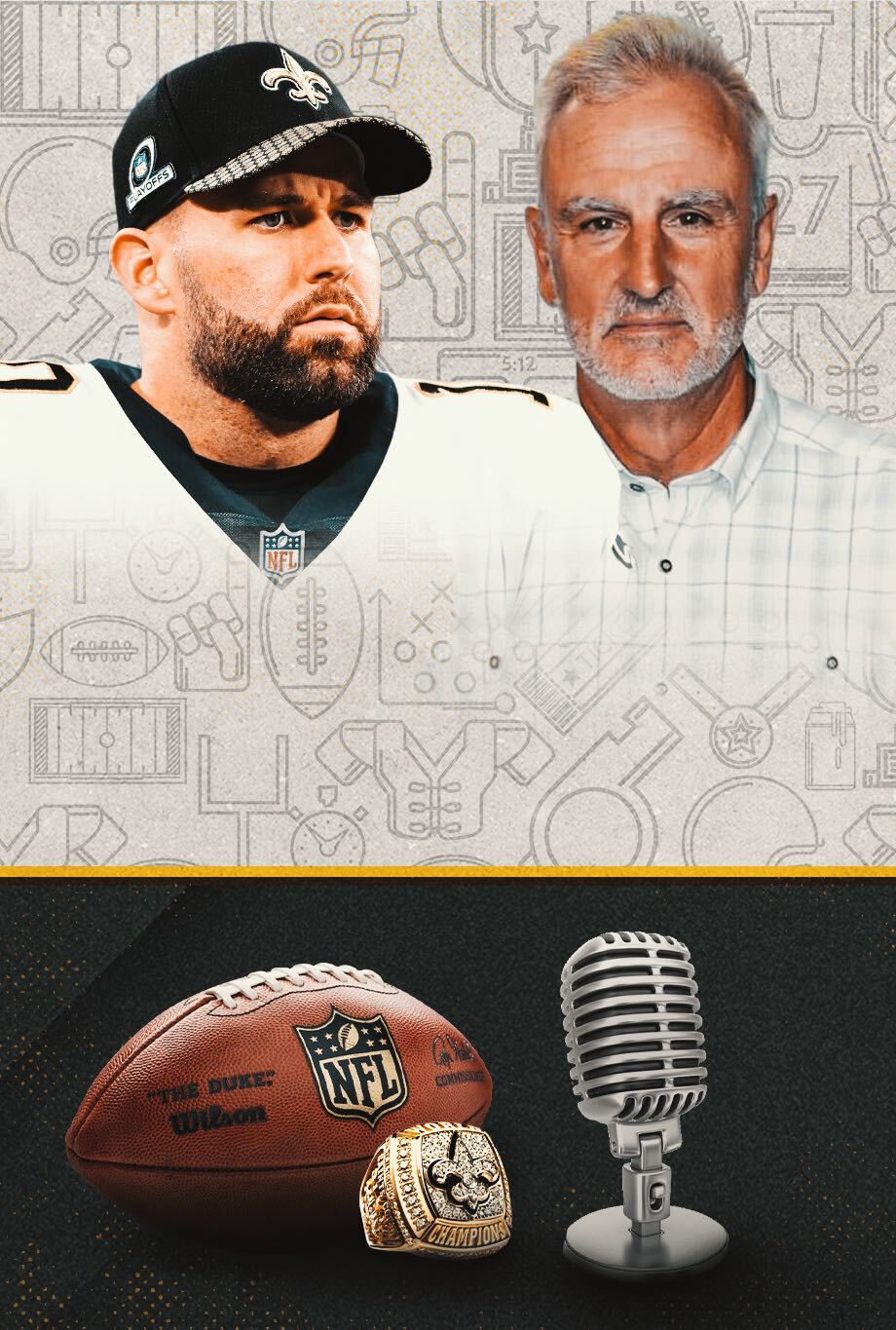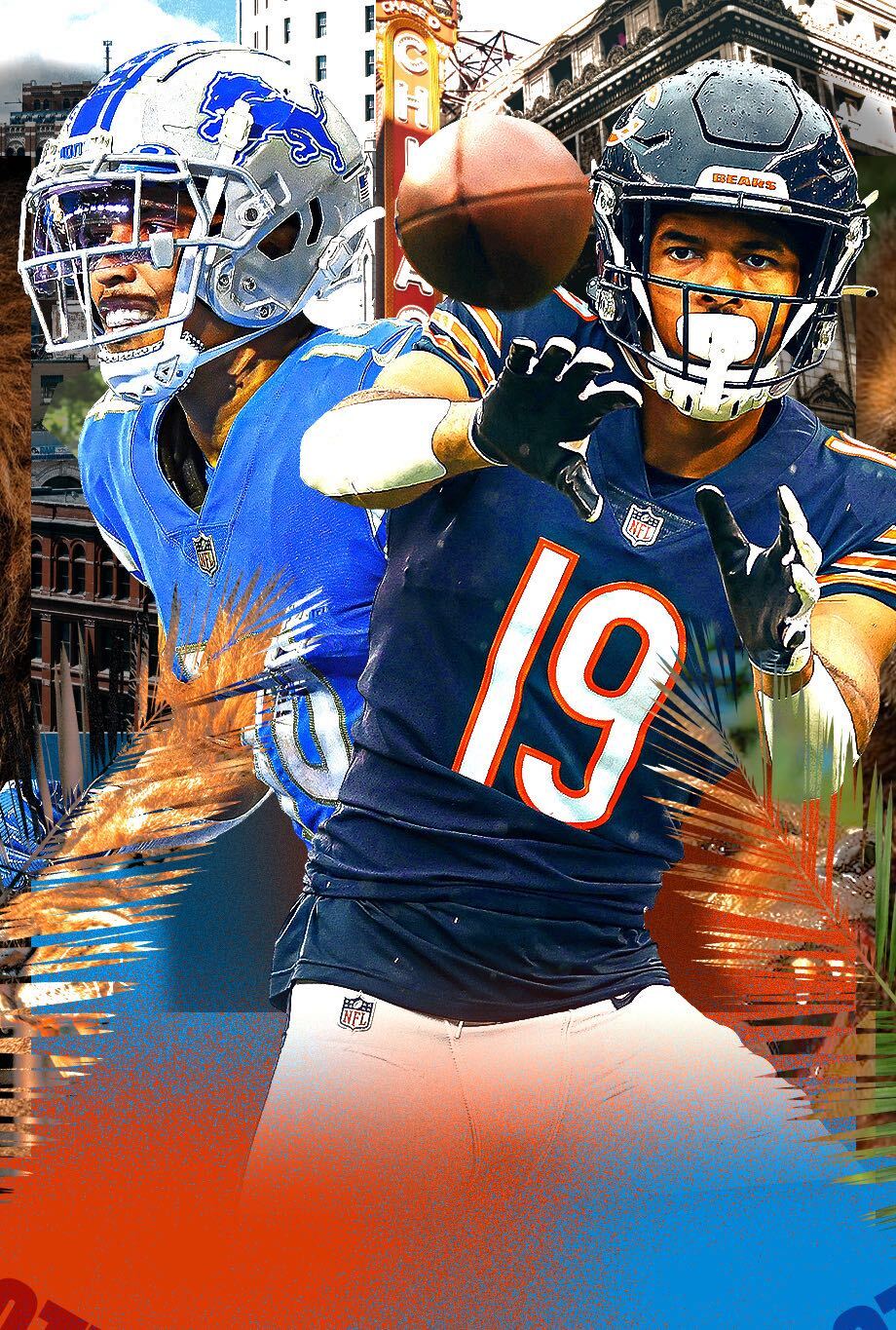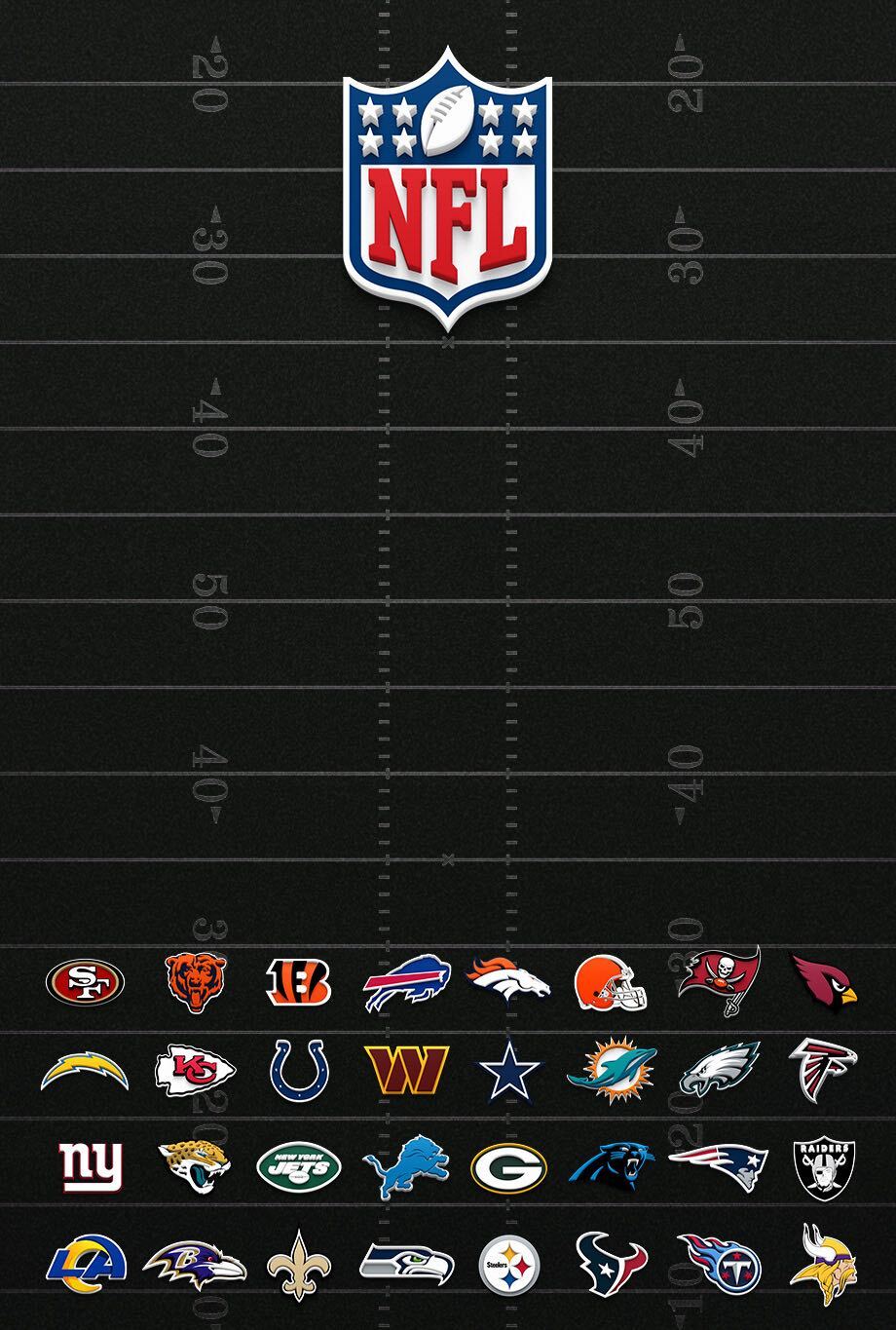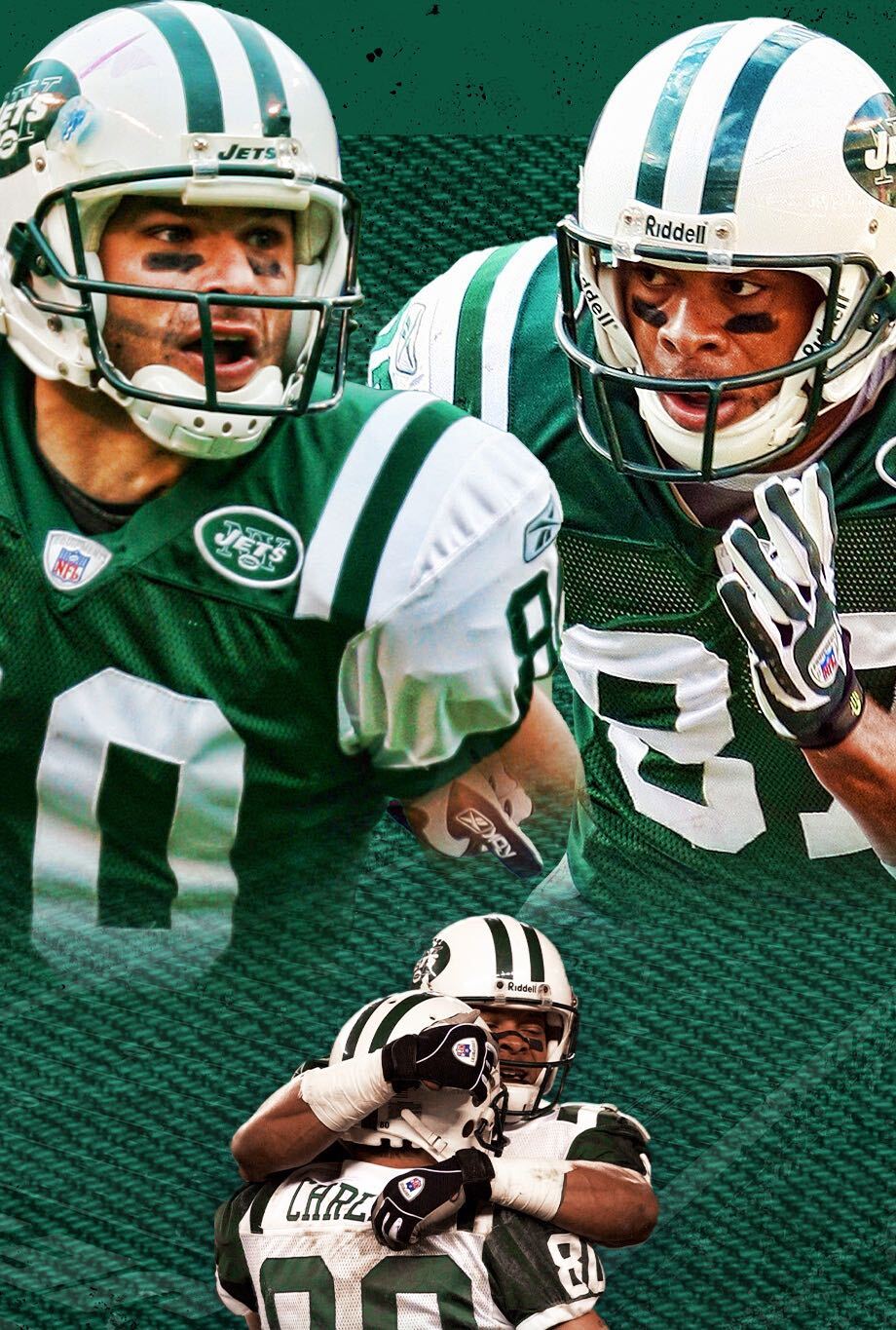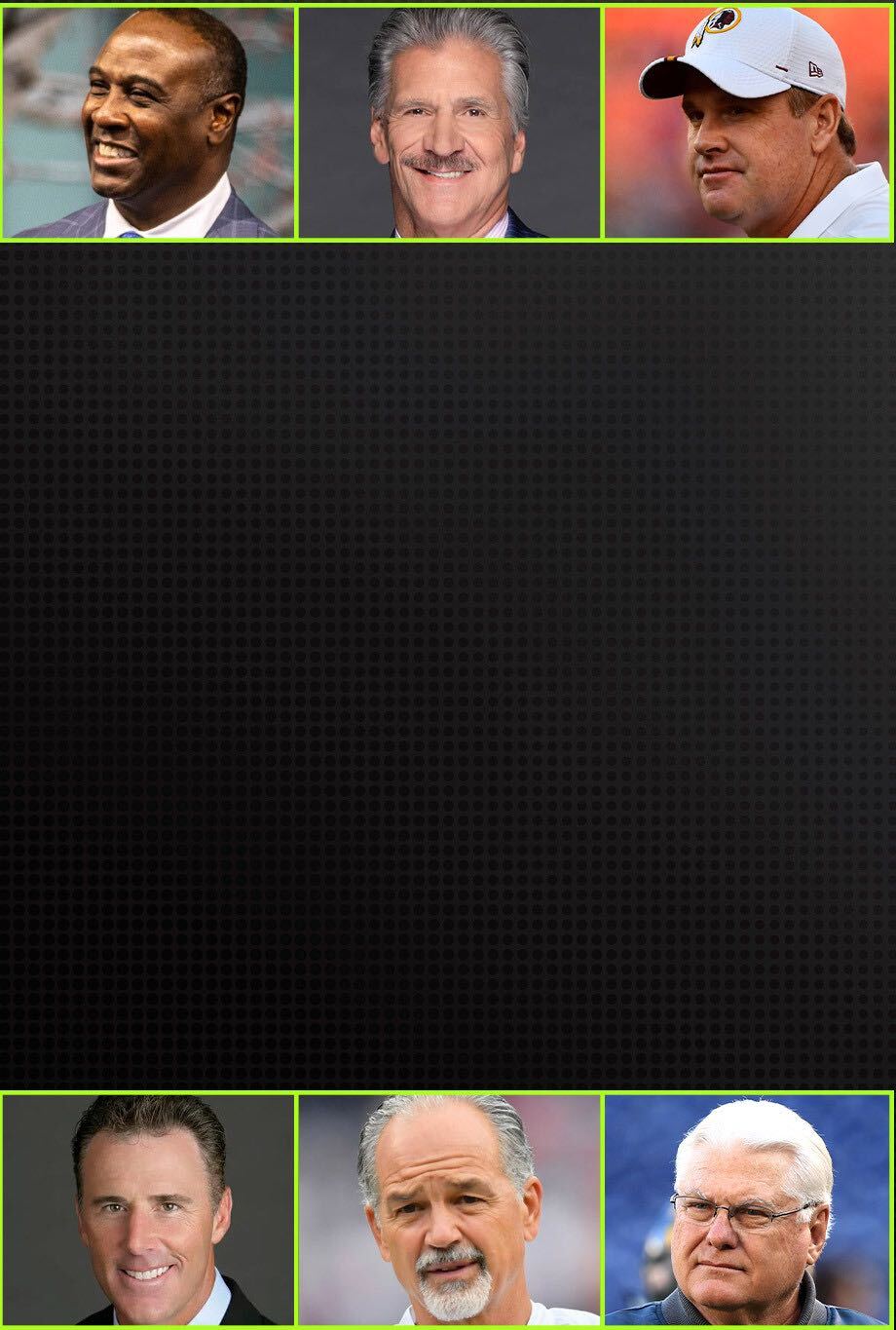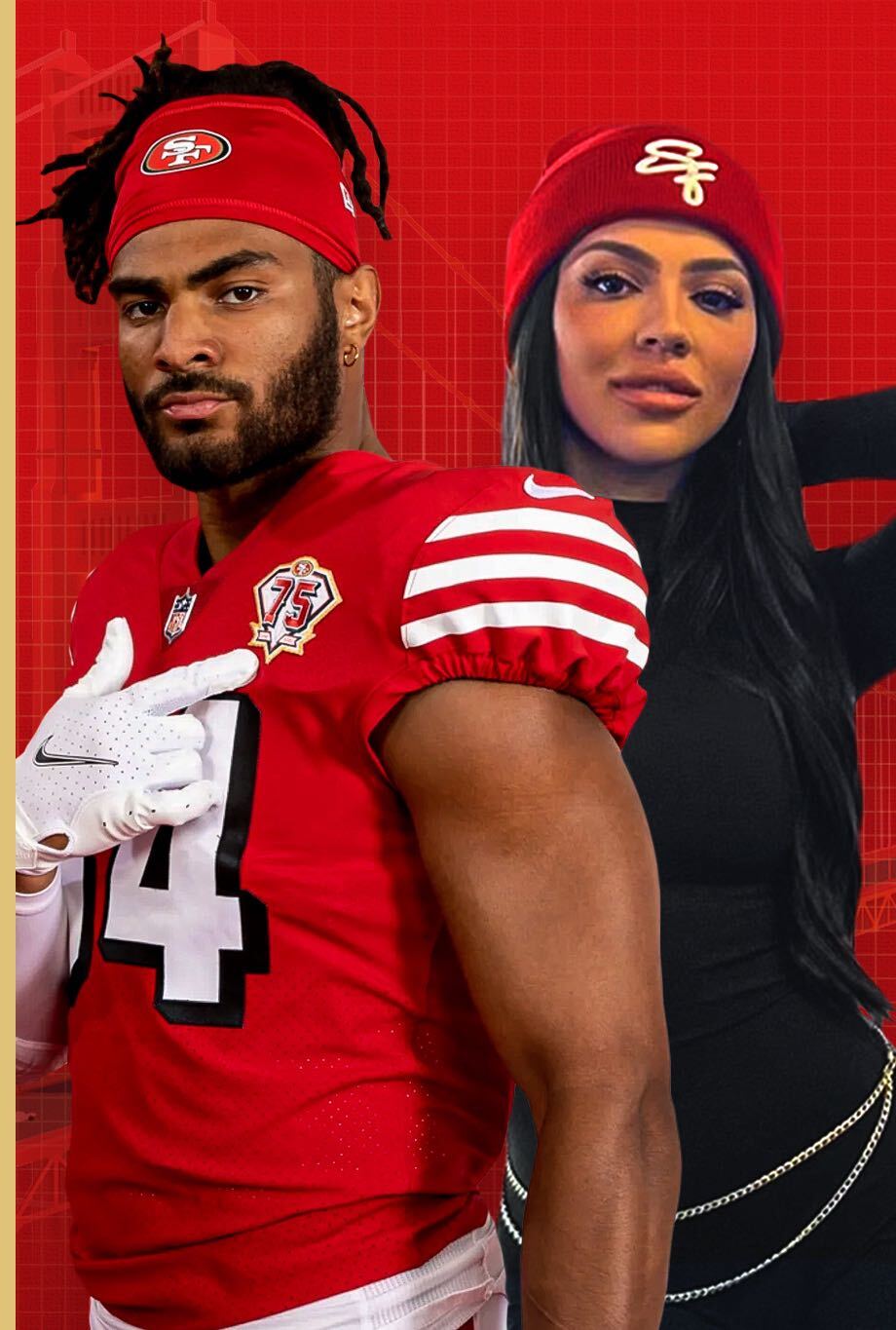Jalen Carter Is Making Big Mistake in Pre-Draft Interview Process
Analysis 4/11/23
We’re in the period a couple of weeks before the 2023 NFL Draft when NFL teams bring in players for physical re-checks, additional workouts and more interviews with general managers, coaches and player personnel staff. This is generally overkill on the part of teams, but it’s part of the current process. Therefore players need to participate in these team visits if asked because it’s a continuation of the pre-draft NFL job interview.
By having his agent Drew Rosenhaus dictate that he is only willing to visit teams in the top 10 of the April 27 first round of the draft, Georgia defensive tackle Jalen Carter (scouting report) is compounding his already problematic image within the NFL. He continues to make mistakes that are causing his draft stock very possibly to drop out of what looked in January to be a sure-fire top-five spot and perhaps top three.
His troubles began in earnest with the January street-racing accident in Georgia that resulted in two deaths. Authorities believe that heavy drinking was a major factor. I speak with experience in saying such an incident leads NFL teams to question whether a player has a drinking problem and makes bad decisions due to immaturity.
After initially claiming he would be “fully exonerated,” Carter pleaded no contest to charges of reckless driving and racing and was sentenced to 12 months of probation, 80 hours of community service and a mandatory defensive driving course.
His NFL Combine experience was cut short when he had to face the charges in Athens, and two weeks later, he struggled at Georgia’s pro day when he was nine pounds overweight and couldn’t finish the drills. That constituted two strikes against a player many teams consider to be the best pure talent in the upcoming draft.
Strike three for some GMs is likely this decision to limit access during the team visit period. It’s a poor decision when there may be a team outside the top 10 that would consider trading up for Carter. That probably wouldn’t happen without an in-person conversation to gain more insight into his personality and character issues. It also would give Carter a chance to prove he’s healthy after missing time with ankle and knee injuries last season, and that he has worked himself back into better shape, conditioning-wise. There are rumblings that several teams have removed him from their draft boards.
Rosenhaus is a veteran agent who loves publicity for himself and his clients, but he should know better than to limit Carter’s exposure to teams at this critical juncture. The street-racing incident followed his being cited for three previous traffic violations last fall including speeding at 89 miles per hour in a 45 mph zone in Athens, Ga.
Besides the character questions, there are red flags on Carter due to an injury history that includes the ankle injury that hobbled him much of last season and a knee injury that sidelined him for nearly a month last fall. He only produced 32 tackles and three sacks in 2022.
Carter’s pre-draft issues are remindful of offensive tackle Laremy Tunsil before the 2016 draft when the video surfaced of Tunsil wearing a gas mask and smoking a substance from a bong. Tunsil had other issues including a domestic violence charge from an incident with his stepfather. He fell from an expected top-three pick to No. 13 overall by Miami, costing him more than $13 million in his rookie deal.
Dak Prescott’s pre-draft DUI contributed to a fall to the fourth round in the 2016 draft before the Cowboys picked him. Tunsil and Prescott have stayed out of trouble during their pro careers and are well compensated now, but their careers got off to rough starts as appears to be the case for Carter.
There are many other examples of character issues causing a player to drop in the draft, including Warren Sapp in 1995 when he fell from a potential top-five pick to 12th overall by the Bucs due to reports of multiple alleged failed drug tests.
As Minnesota Vikings GM in 1998, future Hall of Fame receiver Randy Moss was a top-five talent who dropped to us at No. 21 due to character questions. He was involved in a bad high school fight and allegedly failed drug tests, causing him to get released from scholarship offers at Notre Dame and Florida State so he wound up at a smaller school, Marshall. We had a scout with close ties to the Marshall coaches who spoke highly of Moss on and off the field during his Marshall years so we drafted him with great results.
Are the Georgia coaches talking up Carter to the NFL teams as the Marshall coaches did for us on Moss or do they consider Carter a problem they no longer have to deal with?
I emphasize to the rookies that my agent firm IFA represents to not do anything to cast themselves in a negative light through an off-the-field incident that can cause their draft stock to drop. They should be model citizens and motivated players throughout their NFL careers because there’s way too much at stake financially, and image-wise for endorsement opportunities. In some cases, it can be life-threatening as in Carter’s street racing.
Carter’s poor decision-making likely is going to cost him significant money on his rookie deal. Dropping from third overall to No. 10 would result in a loss of more than $14 million over four years including $10-11 million less in signing bonus. Even if the Seattle Seahawks take him at No. 5, that’s an estimated $3.3 million less in his first four years than if the Arizona Cardinals (or another team trading up) picked him No. 3 overall.
>> READ: The 33rd Team's Mock Draft 4.3
Carter probably still will be a top-10 pick, but in the event of a precipitous draft-night fall, he has not helped his cause and is creating more red flags by restricting the teams he is talking with on top of the already present character questions.
Jeff Diamond is a former Minnesota Vikings general manager and Titans team president. He was selected NFL Executive of the Year after the Vikings’ 15-1 season in 1998. Follow him on Twitter at @jeffdiamondnfl.
